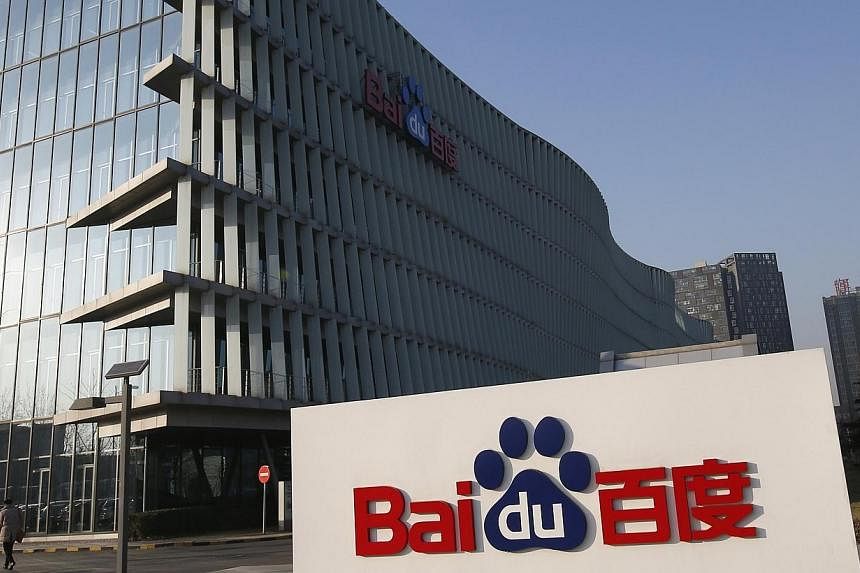BEIJING (AFP) - Chinese search engine Baidu, the country's equivalent of Google, announced on Wednesday it has bought a stake in Uber for an undisclosed sum, as the controversial US web-based taxi app seeks to expand into an already crowded market.
Baidu will also link users of its mapping and search functions with Uber drivers, the two companies announced at a ceremony in Beijing. The investment has previously been reported to be as much as US$600 million (S$780 million), according to state-run China National Radio.
"Our efforts here in China are unique and will continue to be, let's call it, more unique than anywhere else," Uber's CEO Travis Kalanick said at a press conference after the signing ceremony.
"You have to do things differently here in China," he said, without elaborating.
Uber, which connects riders and local drivers, currently operates in nine cities across China, including the capital Beijing and financial hub Shanghai.
But its presence is dwarfed by China's two dominant taxi-hailing apps - Kuaidi Dache, in which e-commerce behemoth Alibaba has a stake, and Didi Dache, backed by technology giant Tencent.
Kuaidi secured a 54.4 per cent share in China in the third quarter, while Didi held 44.9 per cent market share, research firm Analysys International said.
Uber is embroiled in several controversies around the world, and earlier this month complied with an order to stop operating in New Delhi after an Indian woman said she was raped by one of its drivers.
It has drawn protests from established taxi operators in many cities and been ruled illegal in some jurisdictions, while the company has seen its image tarnished by executives' gaffes and concerns on privacy.

